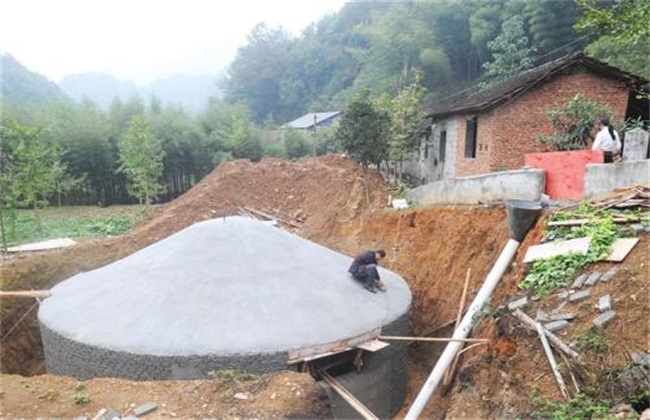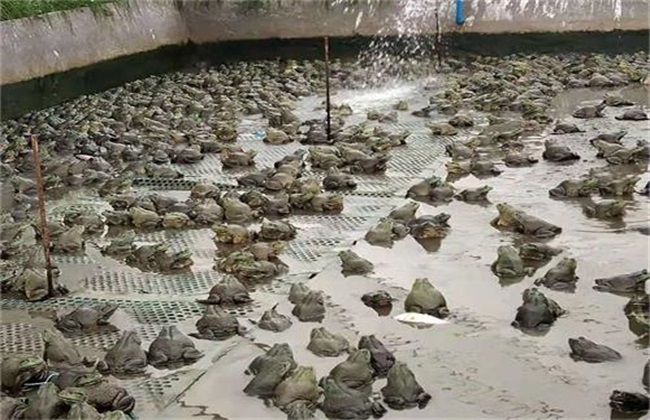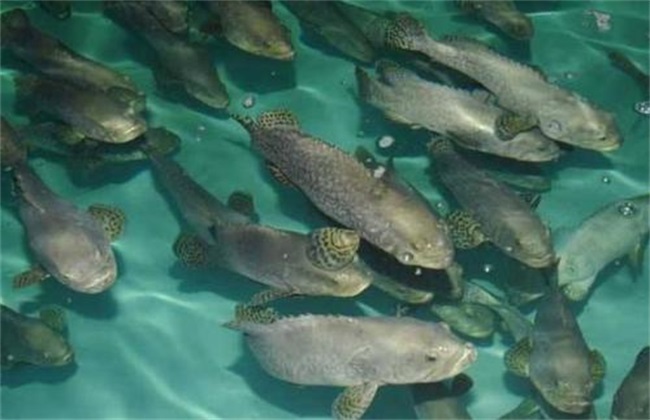How to reduce the sewage discharge of Pig Farm
Now strict environmental protection inspection, pig farms such as a relatively large sewage discharge has always been the focus of attention, which has increasingly become an issue of concern to farmers. In fact, farms can reduce the amount of sewage by reducing the use of water, so how to reduce the sewage discharge of pig farms? The following tips are extremely effective!

1. Modification of drinking fountain
First of all, the pig's drinking water needs to be adjusted, the pig's mouth is relatively strange, when drinking water is basically half of the leakage, resulting in the formation of more sewage. As a matter of fact, the water leaking from drinking water cannot be regarded as sewage, and it will not affect the direct discharge. However, for convenience, some farmers will let it flow into the sewage discharge, thus increasing the amount of sewage discharge, so set up a separate drain in the place where pigs drink water, and do not mix it with sewage discharge. this will significantly reduce the discharge of sewage.
2. Reduce the flushing times of pigsty.
Pig pen cleaning is a major producer of sewage, now some fermentation bed breeding, pig bed breeding are actually invented to reduce the number of pig pen cleaning. If we do not have enough conditions, we can use the method of dry fecal cleaning, that is, we should manually wash the feces directly in the first few times, and rinse them again every few times, which will significantly reduce the amount of sewage produced, but if we do so, we need to pay more attention to disinfection.
3. Do a good job of diversion of water and pollution
Pig farms use more water, such as cleaning feed trough for the first time, cleaning pigsty water is basically sewage, need to be treated, but other water generally does not belong to sewage. Therefore, the whole breeding site had better do two ways of drainage, the sewage is blocked with a movable lid to prevent other relatively clean water from flowing into it and increase the amount of treatment. Other water can be treated together, so the sewage discharge will be much less, do not mix treatment.
4. Add probiotics to the feed
The sewage of pig farm is accompanied by heavy odor mainly because there is more ammonia in fecal water, which will increase the difficulty of sewage treatment to a certain extent. After all, odor pollution is not easy to deal with. At present, many farmers will add some probiotics to the feed eaten by pigs, which can greatly reduce the ammonia emissions of pigs, which will not only reduce the difficulty of sewage treatment, but also reduce the discharge of sewage laterally.
Reducing sewage discharge can only start from all aspects, a single saving looks like nothing, but with the combination of farming quantity, duration and multiple species, the reduced sewage discharge can be felt intuitively. For the better development of your pig farm, take action quickly!
Related
- On the eggshell is a badge full of pride. British Poultry Egg Market and Consumer observation
- British study: 72% of Britons are willing to buy native eggs raised by insects
- Guidelines for friendly egg production revised the increase of space in chicken sheds can not be forced to change feathers and lay eggs.
- Risk of delay in customs clearance Australia suspends lobster exports to China
- Pig semen-the Vector of virus Transmission (4)
- Pig semen-the Vector of virus Transmission (3)
- Five common causes of difficult control of classical swine fever in clinic and their countermeasures
- Foot-and-mouth disease is the most effective way to prevent it!
- PED is the number one killer of piglets and has to be guarded against in autumn and winter.
- What is "yellow fat pig"? Have you ever heard the pig collector talk about "yellow fat pig"?



